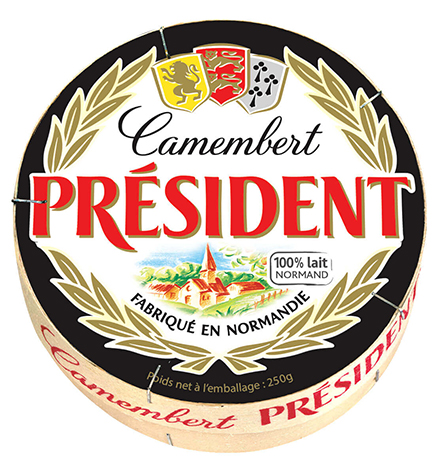Members of the European Parliament (MEP), bored between negotiations on arms deliveries to Ukraine, have found a new enemy: the wooden boxes used for Camembert. These little wooden rounds that contain one of the jewels of French gastronomy are under threat from the zeal of Brussels officials, who accuse them of a crime that is unforgivable these days: they cannot be recycled. Source: The European Conservative
Parliamentarians have already ruled in favour of the use of reusable dishes in fast-food restaurants, and now it’s cheese’s turn to attract their attention. There’s certainly plenty of cause for outrage. The fate of the planet may depend on the management of this packaging, even though it accounts for less than 1% of all packaging thrown away. But in its choice of culprits, the European Union has reasons that reason knows not. Camembert boxes pollute, and not just because of the fumes they emit—so they should be banned. On Tuesday, 21 November MEPs discussed their fate as part of the packaging regulation presented by the Commission at the end of 2022.
This was enough to send a wave of panic through France, where Camembert is one of the glories of national gastronomy, regularly threatened by European activism. The French already had to fight to continue making Camembert with raw milk. Now we’re going to have to fight to keep its wooden box. The use of wood to preserve Camembert is not anecdotal, as one professional cheesemaker told RTL: “Wood is part of the Camembert maturing process.”
Without wood, the taste and quality of the cheese would change. So what can we replace it with? Plastic packaging would obviously be ecological nonsense, but for a European Union that prefers to import rare-metal-loaded electric batteries made in China rather than have internal combustion engines for its cars manufactured in Europe, this is hardly a paradox. As for the use of cardboard, it obviously won’t allow the subtle addition of woody flavours to the creamy milk of Norman cows.
It’s not just about taste; it’s also about economics. Today, the wooden box industry represents 45 companies and 2,000 jobs, which could be threatened by the decision. Camembert makers and their associates are rumbling with anger. With the European elections just a few months away, this is a dangerous game to be playing, given the sensitive and emotional image that Camembert cheese conveys in France. “If we want to caricature Europe before the elections, we start bothering Camembert producers and their wooden packaging. … That makes everyone jump,” lamented the secretary of state for Europe, Laurence Boone, as reported by Le Monde.
Pascal Canfin, chairman of the European Parliament’s Environment Committee and a member of Emmanuel Macron’s party, tried to defend himself: “It’s an omission on the part of the Commission.” French MPs are working on an amendment to protect the precious boxes. Discussions are reportedly underway to deal specifically with the case of Camembert, according to senior officials.
The matter is indeed urgent. In French, there’s a nice expression for a situation like this: ‘en faire tout un fromage’— ‘to make a cheese of it’, in other words to make a big deal out of it. There’s a good reason for this: what’s at stake with the Camembert is not just a matter of waste; it’s an issue of civilisation, and the disappearance of the Camembert box could be paid for dearly at the ballot box.






